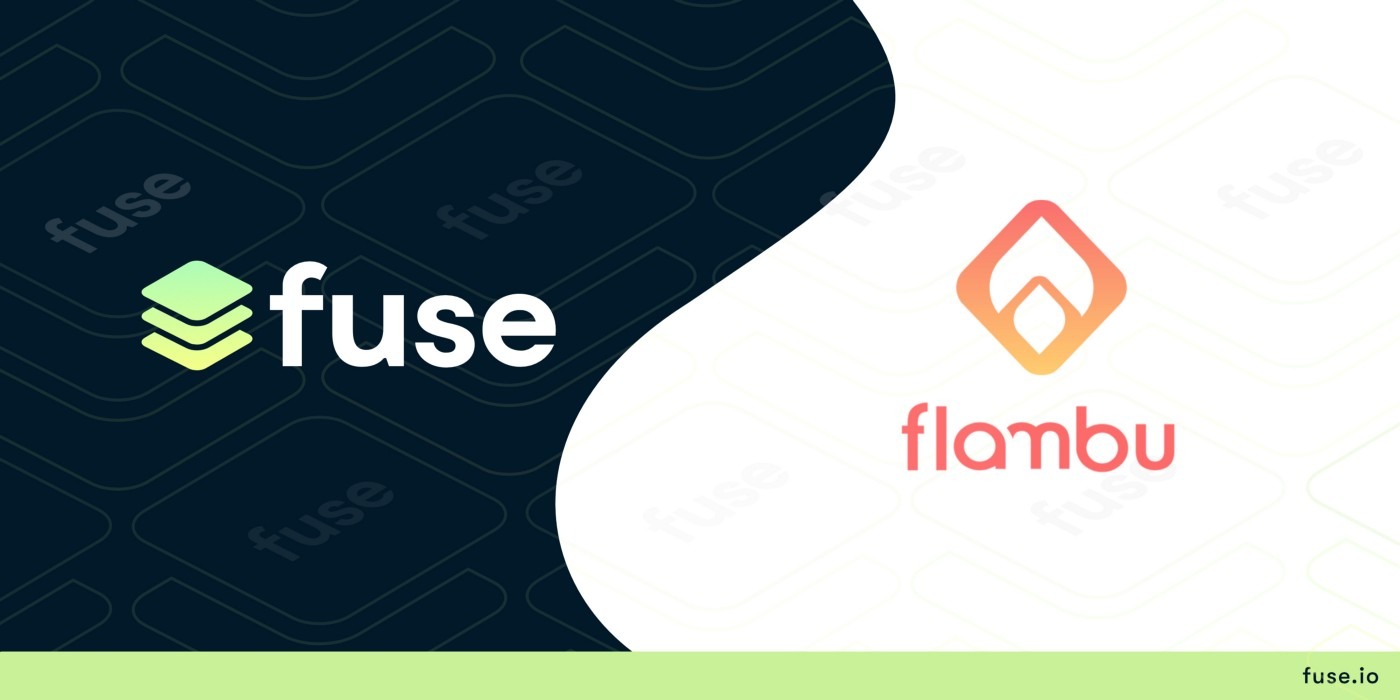Flambu is a decentralized sharing economy powered by Fuse. It features a mobile app and a two-token model for enhanced peer-to-peer renting of anything.
Companies like Uber, AirBnB, and many others, have help pioneer the sharing economy into an extremely promising sector in recent years. But existing models are not without some important downsides. Exorbitantly high platform fees and centralized price-setting are two key examples of how freedom is taken away from users, limiting their ability to operate in a way that is truly beneficial to the communities involved.
Combining the sharing economy and crypto
The Flambu project attempts to address the downsides of current sharing economy models through the use of blockchain and tokenization. It enables peer-to-peer renting of anything, including cars, camping equipment, photography tools, and even books. Users are free to set their own prices and other terms. Low fees are designed to make it more attractive to rent even relatively low-cost items.
Renting is done using the project’s mobile app which is already available for download in public beta. App users will also soon have their own crypto account automatically generated for them leveraging Fuse’s leading wallet technology.

A two-token model
The platform’s tokenomics will follow a two-token approach. A stablecoin called Flambucks (FBX) will power rental payments. FBX is fully backed by fiat-backed stablecoins on Fuse Network. The platform will charge a small, non-extractive fee on each transaction.
The Flambu team also plans to issue a utility token called Flames (FLAM). The FLAM token plays two important roles within the Flambu ecosystem. First, it will be continuously minted to reward users for successfully completing transactions. Secondly, Flambu users wishing to rent an item will need to lock a certain amount of FLAM in order for the P2P transaction to proceed. Item lenders will also have to stake FLAM but in smaller amounts.
The amount of FLAM required is determined by a special algorithm for each transaction, depending, among other things, on the participants’ accumulated reputation on Flambu. This mechanism is designed to increase trust in the transactions and reduce the need for centralized arbitration.
The FLAM monetary policy is designed to be deflationary in the long run. This will be achieved through using part of the transaction fees to regularly purchase FLAM on the market and burn it.
Maor Stamati, co-founder & CEO at Flambu:
We are very excited to be one of the first real-world use cases in the blockchain space, creating a more fair and efficient sharing economy platform, thanks to the capabilities Fuse team provides.
The team at Fuse Network is thrilled to welcome another promising project into our ecosystem. Successful decentralization of the sharing economy would bring an influx of new users to the crypto space greatly boosting the adoption of crypto payments, which is perfectly aligned with Fuse’s vision.
Follow our social media channels to stay updated on recent news and developments at
.svg)
.svg)











